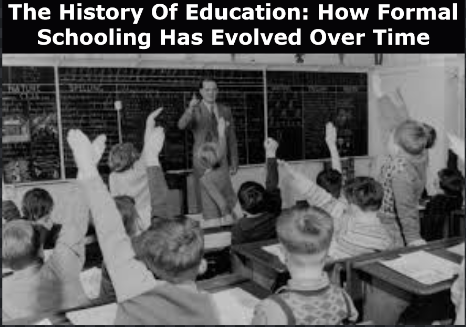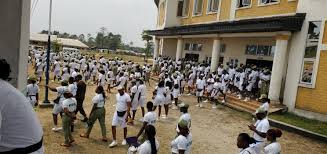The History Of Education: How Formal Schooling Has Evolved Over Time
Education has been a fundamental aspect of human society for thousands of years. However, the way formal schooling has been conducted has undergone significant changes over time. The history of education is a fascinating topic that can provide insights into the evolution of human thought and the development of modern society.
Ancient Education
In ancient times, education was primarily informal, with parents and family members passing on knowledge and skills to their children through storytelling, apprenticeships, and hands-on learning experiences. In some societies, such as ancient Greece and Rome, there were also institutions that provided formal education to the elite classes, with a curriculum that focused on philosophy, literature, and rhetoric.
Medieval Education
During the Middle Ages in Europe, education was dominated by the Church, which established schools and universities to train clergy and other religious leaders. These institutions primarily focused on theological studies and the liberal arts, with little emphasis on scientific or practical subjects.
Renaissance Education
The Renaissance brought about a renewed interest in classical learning and the sciences, leading to the emergence of humanism and the idea that education should serve to cultivate well-rounded individuals capable of critical thinking and creativity. This led to the development of new educational institutions, such as grammar schools and universities, which offered a broader range of subjects and a more structured curriculum.
Industrial Revolution Education
In the 19th century, the Industrial Revolution brought about significant changes in society and education. The rise of factories and urbanization led to the establishment of public schools, which aimed to provide basic education to the masses and prepare them for the demands of the industrial workforce. This period also saw the emergence of new educational theories, such as the Montessori method and the progressive education movement.
Modern Education
In the 20th century, education became increasingly standardized and centralized, with governments taking a more active role in setting curricula and establishing educational standards. This led to the development of national education systems and the widespread adoption of standardized tests to evaluate student performance.
Today, education continues to evolve in response to changing societal and technological trends. Distance learning, online education, and digital technologies are rapidly transforming the way students learn and interact with their teachers and peers. The history of education provides valuable insights into how we have arrived at our current educational system and can help us anticipate and adapt to future changes in education.



















